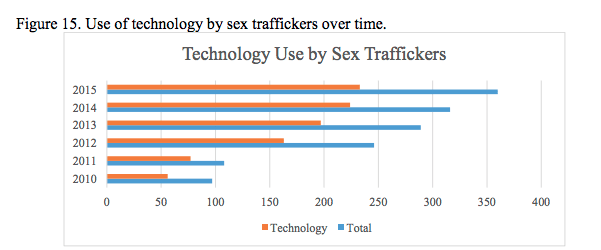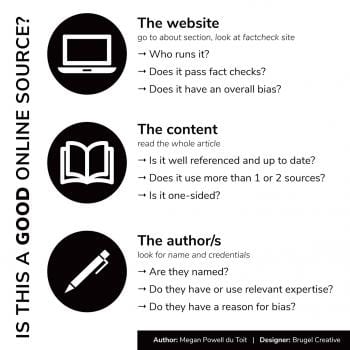Safety First
Since the hospital staff sent us home with that firstborn baby all swaddled and tucked and held tightly in our arms—with no instruction manual—we parents knew that our primary job was to keep that child safe. When the judge pounded the gavel and ordered the adoption papers final, parents walked out with a new child—and the same responsibility. We feed and clothe them, buckle them into car seats, hold their hand to walk across a street, and teach them stranger danger. We protect our kids. Why not online, too?
Social media, texting, and the internet hold a significant amount of influence over everyone who uses them. Children need adults who will place boundaries around them for their own wellbeing. I’m talking about their physical safety. Much like teaching a toddler about stranger danger, adults must also teach and guard against their older kids and teens meeting strangers in person and online. These online contacts may pose as friends or relatives via fake social media accounts. They may begin grooming children to eventually be trafficked. The numbers are sobering: since 2015, over 55% of trafficked children were solicited and communicated with online. This represents a sharp rise from previous years when most grooming took place in person. Abusers and traffickers use social media, texts, and phone calls at an increasing rate. This chart, taken from an Arizona State University study, shows the trend.
 Now, while sex trafficking of minors presents a real danger to our kids, we cannot ignore other challenges. Addictive tendencies find an easy place to flourish in technology. As John Dyer, Executive Director of Communications and Educational Technology for Dallas Seminary, said recently at a panel on social media, “There are rooms full of men and women with PhDs in addictive computing, and they have a plan for your life, and that’s for you to look at that golden rectangle all day long. So if you don’t have a plan, you are not going to win. If you don’t think through how you are going to use it, then you’re going to fail.”
Now, while sex trafficking of minors presents a real danger to our kids, we cannot ignore other challenges. Addictive tendencies find an easy place to flourish in technology. As John Dyer, Executive Director of Communications and Educational Technology for Dallas Seminary, said recently at a panel on social media, “There are rooms full of men and women with PhDs in addictive computing, and they have a plan for your life, and that’s for you to look at that golden rectangle all day long. So if you don’t have a plan, you are not going to win. If you don’t think through how you are going to use it, then you’re going to fail.”
Children and teens have one plan for their devices: to play on them as much as possible. Parents must guard their minds because they can’t do it for themselves. This means creating rules of engagement that teach wise usage and place boundaries against potential abuse. Too much screen time damages the human brain—and our kids’ brains are still under development and therefore at greater risk. If your children are on their devices too much, take them away. Hold them hostage. Demand a ransom. You are the parent.












